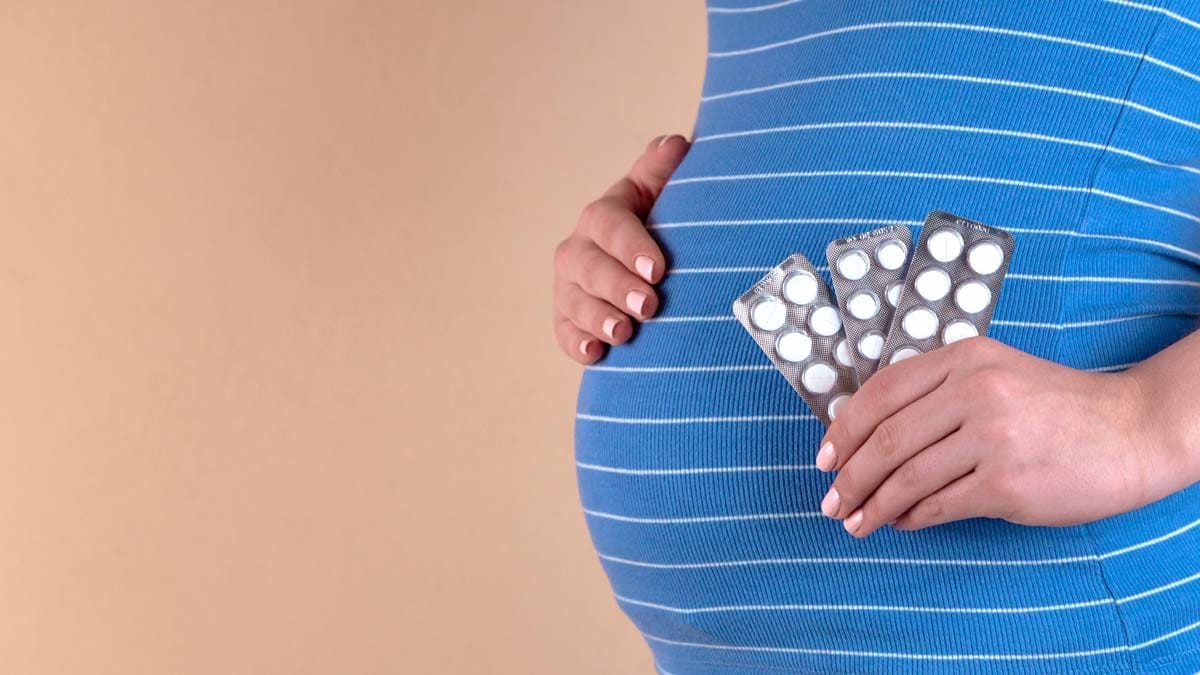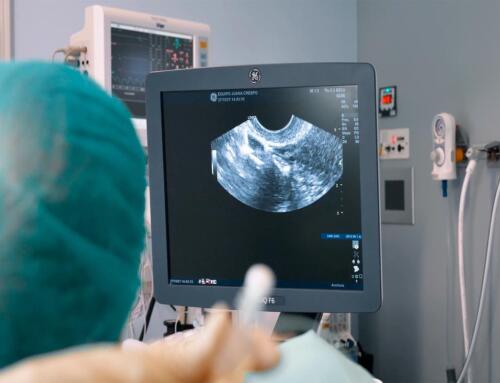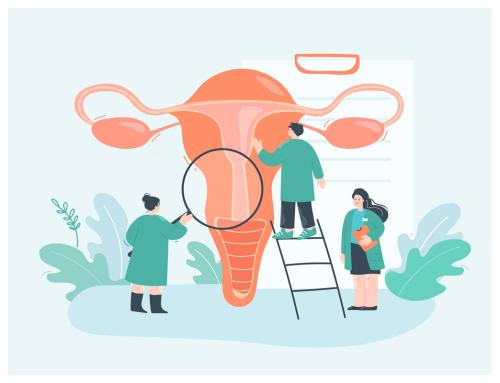Maintaining a healthy lifestyle and eating habits is essential to be able to become pregnant. However, eating a healthy diet is not always enough, and sometimes specialists recommend taking supplements to facilitate conception and ensure the baby’s development.
In most cases, these are vitamin supplements that provide the extra nutrients that the mother’s body will need during pregnancy.
What is a preconception visit and why is it important?
A woman’s health during pregnancy depends, to a large extent, on her state of health before conception.
For this reason, specialists recommend that all women who want to become mothers request a preconception consultation with their doctor or gynecologist.
The aim of the preconception consultation is to provide all the information related to conception and to clarify questions, as well as to correct or eliminate risky behaviors and to detect/control diseases that may affect the normal evolution of the pregnancy.
Preconception care is recommended to all women or couples who wish to face pregnancy and motherhood in the best conditions, although it is especially recommended in the following cases:
- Women over 35 years of age.
- Women with obstetric antecedents, such as repeated miscarriages, premature births, cesarean sections, complications in previous births, previous gestational diabetes, etc.
- Women or couples with a personal or family history of genetic diseases.
- Women with serious or chronic diseases, including diabetes, hypertension, thyroid pathology, cardiovascular disease, mental health problems, obesity or infectious diseases. If you wish, you can read our post on how diabetes affects fertility.
The importance of nutrition before pregnancy
During the preconception visit, prenatal care is discussed as a strategy to avoid problems in a future pregnancy, and one of the most important aspects that are analyzed is nutrition.
The nutritional status of a woman at the beginning of pregnancy is fundamental and essential to plan both the optimal weight gain and the food or nutrient supplementation that she will require during the gestational period.
Most healthy women with a normal diet before pregnancy usually face pregnancy with sufficient energy and nutrient reserves to achieve normal fetal growth and development.
However, it is also true that during pregnancy a woman’s need for vitamins, iron, calcium, iodine and Omega-3 increases significantly.
In many cases, we will be able to cover this demand directly with food, while in others the gynecologist may recommend the intake of supplements.
On the other hand, controlling the diet before pregnancy is critical to prevent Neural Tube Defects (NTDs), a group of malformations present from birth (including spina bifida or anencephaly, i.e., the absence of the brain or skull) and which may be due to various factors, including a lack of nutrients such as folic acid.
Therefore, women who wish to become pregnant are recommended to take folic acid (Vitamin B9) and Vitamin D, as both are essential for a safer pregnancy.
Dietary supplements for a safe pregnancy
Vitamin B
B vitamins are essential to increase the chances of getting pregnant and ensure a safe pregnancy. Vitamin B6 is responsible for maintaining progesterone levels during pregnancy, which prevents miscarriages.
Another B vitamin related to pregnancy is folic acid (vitamin B9), which is directly involved in the production of genetic material (including DNA) and in the formation of the nervous system of the fetus.
In early pregnancy, the need for vitamin B9 increases markedly and the risk of deficiency is real, hence supplementation is essential for all women, even before conception.
Moreover, since the nervous system of the fetus develops between the 3rd and 4th week of pregnancy, folic acid supplementation should begin at least one month before conception, being recommended up to three months before and three months after conception.
Some pregnant women should also take vitamin B12 to improve the absorption of folic acid.
Iodine
In addition to folic acid, another common pre-pregnancy supplement is iodine. A lack of iodine during pregnancy can cause problems in the mental and psychomotor development of the baby, so it is important that iodine levels are optimal from the moment of conception.
Normally, iodine needs are covered with 3 servings of milk or derivatives and 2 grams of iodized salt per day. In women with a lower intake, it is recommended to take a supplement of 200 mcg/day of iodine, at least 1 month before conception, during pregnancy and during lactation.
Vitamin D
Vitamin D helps to absorb calcium, plays an important role in the nervous, muscular and immune systems, and its deficiency is associated with bone diseases such as osteoporosis or rickets.
In the case of pregnant women, vitamin D facilitates the mineralization of the fetal skeleton by increasing the capacity of the maternal intestine to absorb calcium.
Since only one third of this vitamin comes from food (the other two thirds are obtained from exposure to the sun, since the skin synthesizes it under the action of ultraviolet rays), most pregnant women need to take a vitamin supplement, especially if they live in regions with little sunshine.
Vitamin E
Vitamin E helps regulate hormone production and prevents alterations in menstrual cycles. In this sense, it improves the function of the reproductive system and controls free radicals that damage sperm.
Vitamin E also improves the chances of implantation of fertilized eggs and the quality of cervical mucus, being one of the recommended supplements to get pregnant.
Iron
Women with low iron levels or anemia are more prone to anovulation, which can make pregnancy more difficult. Therefore, during the preconception visit, a blood test can be performed to measure, among other things, the amount of this nutrient in the blood.
In case of deficiency, the gynecologist will prescribe iron in the form of medication.
During pregnancy, iron allows red blood cells to capture oxygen in the lungs to transport it throughout the pregnant woman’s body and to oxygenate the fetus through the placenta.
Iron deficiency is associated with tiredness and fatigue in the mother, as well as aggravated shortness of breath, which could be linked to cases of premature delivery and hypotrophy (small baby). Hence the intake of iron supplements is common before pregnancy and especially from the fifth month and in the last trimester of pregnancy.
















